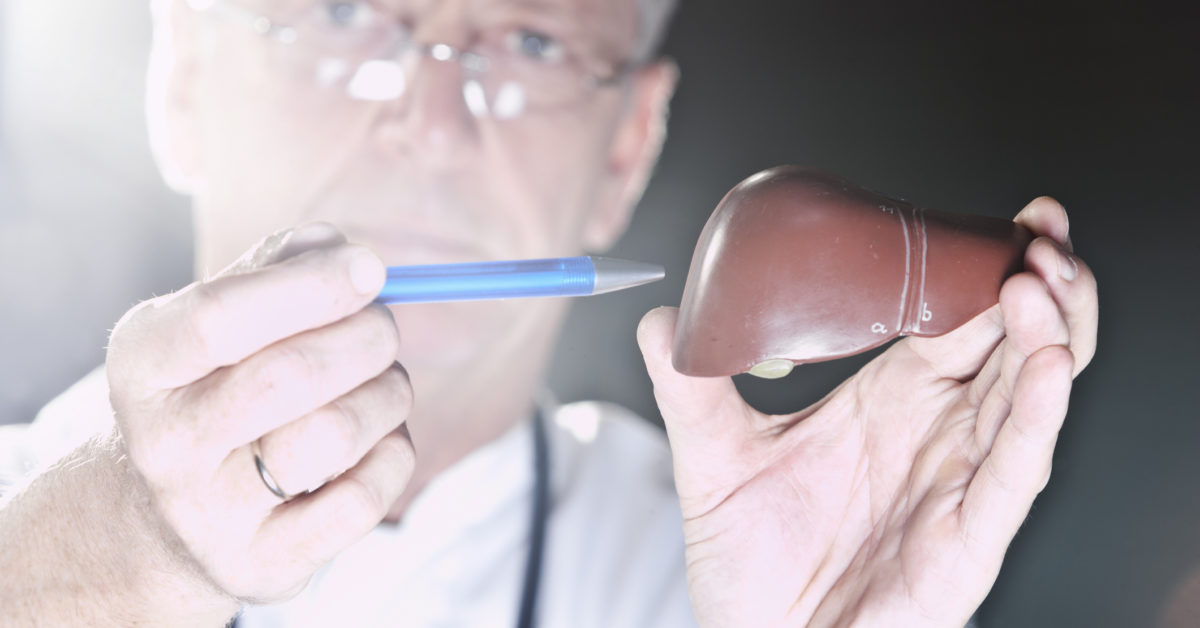A study combining analysis of patient samples with mice studies has identified new drug targets for alcohol-related liver disease, which, currently, doctors can only treat by transplant.

Alcohol-related liver disease (ALD), as its name suggests, is damage to the liver that the excessive consumption of alcohol causes.
Over time, excessive alcohol consumption can cause inflammation and scarring (fibrosis) of liver tissue, and may eventually lead to liver failure.
According to an analysis of trends published in the World Journal of Hepatology in 2017, 16.5% of all liver transplants between 2002–2015 occurred as a result of ALD, making the disease the third most common reason for transplantation.
ALD is irreversible, and there is currently no treatment except for liver transplant.
Doctors typically advise people to stop drinking alcohol altogether to prevent further damage. This has limited success rates in those with alcohol misuse disorder and even has risks in itself.
A team from Massachusetts General Hospital have been working to identify desperately needed treatments for ALD.
In a new study featured in the journal PNAS, they describe the molecular basis for the disease and possible new drug targets.
To better understand what causes the liver damage seen in ALD, the researchers started by analyzing human liver samples taken from a cohort of 51 people with varying degrees of ALD severity.
They looked at the expression of different genes in the samples using a technology called RNA sequencing.
They found that the expression of several genes, including one called cGAS, was higher in individuals with more severe disease.
The gene cGAS is part of a known biological pathway that involves the molecule IRF3. Researchers already know that activation of this pathway causes the death of liver cells.
In people with ALD, the cGAS-IRF3 pathway initiates an inflammatory response that damages

